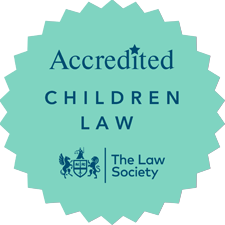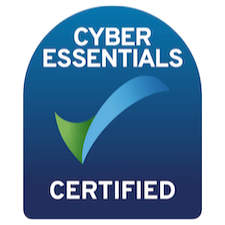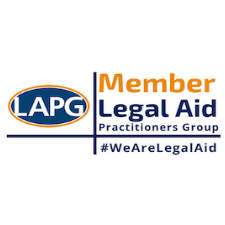During care proceedings, the question of whether a child should give evidence or not has been an ongoing issue. Following the leading case of Re W, the Court’s main objective is to achieve a fair trial. With this objective the Court must weigh up two considerations to a child giving evidence in Court. They must consider: the advantages that it will bring to the determination of the truth and the damage it may do to the welfare of the child. In determining these considerations the Court must have regards to:
- The child’s voice, age, needs, maturity, vulnerability, abilities
- The nature of the allegations
- The quality and importance of the child’s evidence.
The Court must always take into account the risk of harm which giving evidence may do to the child and how to minimise that harm. Section1 (3) of the Children Act 1989 sets out a check-list of factors the Court is required to take into account when making a decision which affects the welfare of a child. The Court will also need to take into account practical and procedural issues, such as:
- Giving the child the opportunity to refresh their memory,
- The type and nature of the questions
- The appropriate identity of the questioner.
The first of the factors, set out in the Children Act, is that the Court is required to take into account the wishes and feelings of the child concerned considered in the light of their age and level of understanding. Normally the child’s wishes and feelings are determined by a Cafcass Officer or a social worker talking to the child in private.
The guidelines for children giving evidence in Court were issued by the Working Party of the Family Justice Council in 2011, to encourage Judges to enable children to feel more involved in the Court process in which decisions are made that affect the child.
Involving the child in Court proceedings is likely to be frightening to any child and can be emotionally damaging, so all factors of the guidelines will be weighed up by the Court before allowing a child to give evidence. You can find all factors in the guidelines relating to children giving evidence in proceedings by clicking this link: www.judiciary.uk/Children+Giving+Evidence+Guidelines
The issue of whether a child should give evidence in proceedings should be considered at the earliest opportunity by the Court and all parties. The decision for a child to give evidence in Court will depend highly on the purpose of the child giving evidence, the significance of the allegations made and whether other evidence is available.
If a decision is made that a child should give evidence, the Court must consider a list of safeguarding issues for the child in order to minimise the risk of harm to the child and improve the quality of the child’s evidence. A full range of special measures will also have to be considered in light of the child’s wishes and needs. These special measures include;
- The need for breaks
- The use of live video links
- Timetabling all stages of evidence to minimise time at Court
- Obtaining the advance approval of any questions proposed to be put to the child
- Requesting that Court familiarisation visits take place before the day of the trial
- The involvement and identity of a supporter, not directly involved in the case, be present during the evidence.
It must also be noted that a child will never be questioned directly by any party involved who is an alleged perpetrator.
Further information in regards to what the Court and all parties should take into account before a child gives evidence in Court can be found in the ‘Good Practice Guidance in managing witness cases and questioning children’ report by clicking this link: www.nuffieldfoundation.org.
Judges are encouraged to explain to children that they should ask if they don’t understand a question being asked of them. In 2012, The Judicial College published “ground rules” as to how the examination of child witnesses should be conducted. This includes:
- Adapting questioning to the child’s stage of development
- Asking short, simple questions at a time
- Following a logical sequence
- Speaking slowly and allow the child enough time to answer questionsThe Courts overriding duty is to ensure that attention to the management of the case is thorough and the control of the questioning process is carefully managed. The Court must be prepared to intervene if the questioning is inappropriate or unnecessary.
If you require legal representation or advice in relation to proceedings and your child giving evidence in Court, please do not hesitate to visit our Care Team page or call us at Johnson Astills on 0116 255 4855 or email us at careteam@johnsonastills.com.








